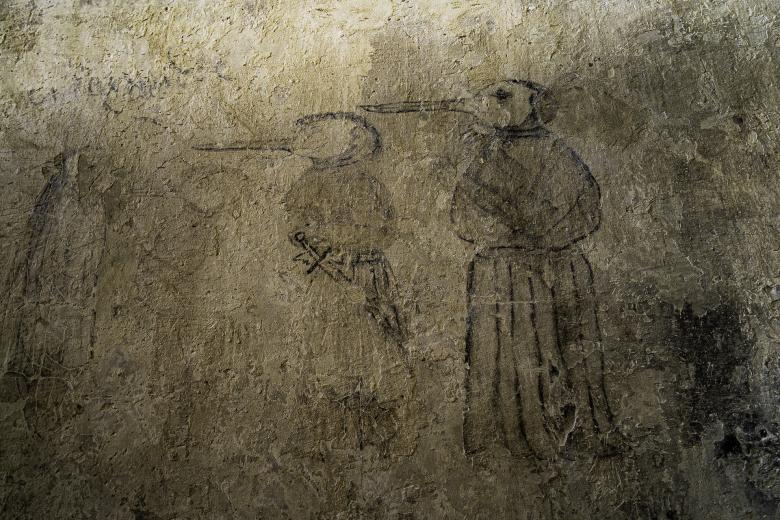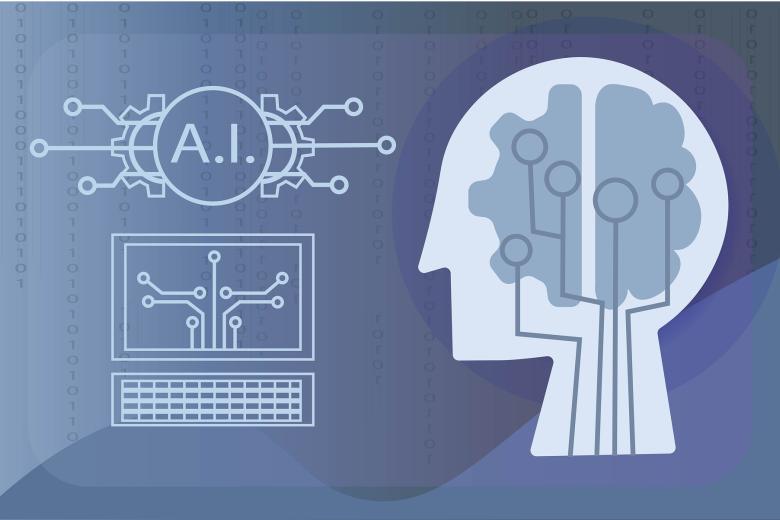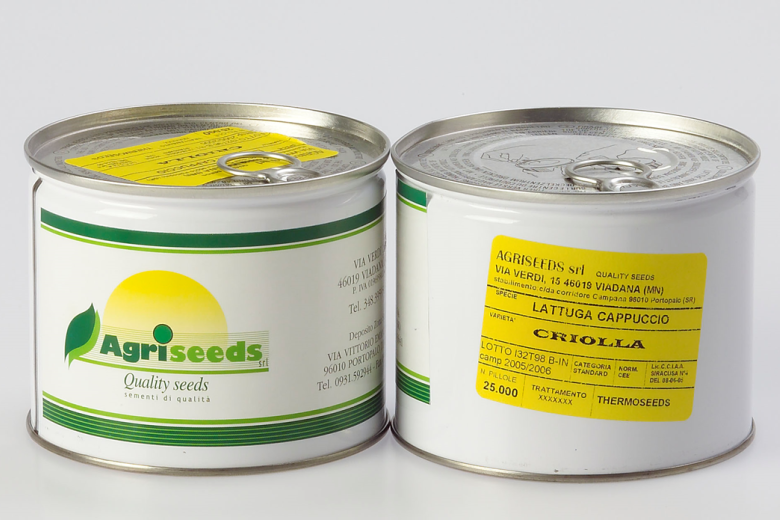Plant varieties are difficult to make but easy to reproduce. Proving that someone reproduced a plant variety, however, is extremely hard. For organized crime, infringing plant variety rights therefore presents low-hanging fruit, with consequences far beyond the infringement of IP rights.
Defoe, Covid-19, and resilience of law and society
- Law
Historical novels offer a place to outreach for other legal systems, providing laboratories to study and understand law and society. There is especial value in revisiting historical novels that depict law and society, especially in these days of Covid-19. Such is the case of the novel by Daniel Defoe, entitled A Journal of the Plague Year (hereinafter, the Journal), published in 1722. The law is omnipresent in the Journal. Looking at the Journal reveals that resilience is a characteristic of law and society when facing extreme challenges, such as Covid-19 or the 1665 bubonic plague. After all, law and society have an impressive ability to adapt to change.

Social media sanctions – the new procedural justice?
- Law
One view on social media communication is that platforms should remove content deemed to be inappropriate or disturbing and suspend users who have repeatedly violated the Community Guidelines and should do so in a consistent and coherent manner. A contrasting view is that users can share what they want, and platforms should solely act as transmission agents without assessing and restricting the content. But where exactly do platforms stand on content moderation and what do their sanctions reveal about it?

LTEC lecture on patentability of artificial intelligence - generated inventions: a case study of pharma
- Law
The topic of AI-generated inventions requires preliminary clarifications: what do we mean with AI? What is the meaning of AI-generated inventions?

Greece’s Covid-19 Response: Not Beyond Reproach
- Corona
- Law
Greece emerged as the EU’s poster child in the fight against Covid-19 during the first few months of the pandemic. Its approach, while effective, is not beyond reproach. We analyse two such contested areas of Covid-19 regulation: permits of movement obtained through SMS, and restrictions to the freedom of movement of asylum seekers. Our analysis draws from our forthcoming article in the European Journal of Risk Regulation (2021).

Webinar Report: Researching Discrimination in E-Commerce and Online Advertising
- Law
M-EPLI, along with the Maastricht Law & Tech Lab and the Institute of Data Science, hosted the online webinar ‘Researching Discrimination in E-Commerce and Online Advertising’ on the 4th and 5th of March 2021. Throughout the two-day event, speakers from different countries, institutes and disciplines addressed discrimination issues present in online advertising practices. The first day saw experienced scholars weighing in on these topics, while the second day welcomed young researchers who presented their ideas.

Suspects' privilege against self-incrimination not violated when made to unlock smartphone with fingerprint, Dutch Supreme Court rules
- Law
On the 9th of February, the Dutch Supreme Court ruled that forcing suspects to provide access to their smartphone with a fingerprint is not a breach of the privilege against self-incrimination. The case originated from an ex officio appeal ‘in the interest of the law’ in a case of the Court of North Holland. Appeals ‘in the interest of the law’ are introduced by the Prosecutor-General to encourage the Supreme Court to provide clarification of important legal principles.

The Digital Services Act and freedom of expression: triumph or failure?
- Law
The Digital Services Act (‘DSA’) is part of the long-awaited package aimed at providing a transparency and accountability framework for online platforms and laying down additional duties for large providers with gatekeeping powers. There is surely a lot to unpack in this hefty proposal. This piece looks at new obligations and regulatory powers introduced by the DSA and examines their potential to safeguard freedom of expression. It also uncovers some of the DSA’s controversial points which policymakers should be looking out for in the course of the legislative process.

A trademark monopoly on generic words? - The MYHUNTBOOK case
- Law
An EUIPO Board of Appeal agreed with Facebook that the figurative mark MYHUNTBOOK would take unfair advantage of Facebook’s reputation. This was, primarily, due to the inclusion of “book” in the mark. Is such protection not too far-reaching?

CMA's paper on algorithms & online platforms: comprehensive report on benefits and perils of AI regulation
- Law
The UK Competition and Market’s Authority recently published a report on the consequences of the online platforms’ use of algorithms (‘sequences of instructions to perform a computation or solve a problem’) for consumer protection and for competition.

